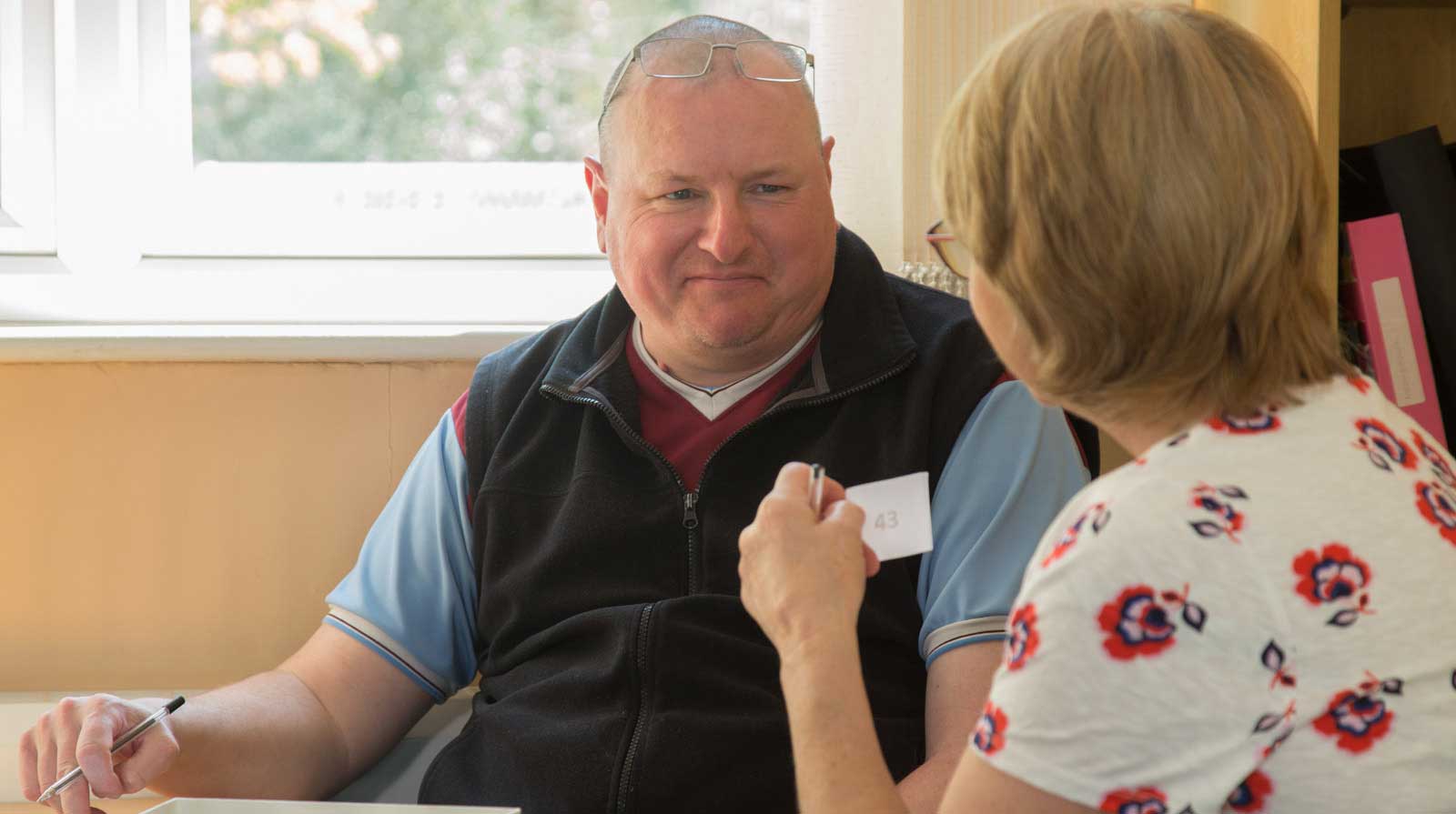Being a carer will likely describe one aspect of your relationship with the person you are supporting. You might also be a parent, partner, sister, brother, child, friend or other family member.
It can, understandably, be difficult coming to terms with the change in a loved one’s behaviour and ability to function.
You may also have other responsibilities alongside your role as a carer, including work or caring for children and may find yourself having to adjust to a new and completely unfamiliar set of circumstances.
Outlined below is some advice to help you cope with the transition into living with brain injury.
Before leaving hospital
GET INFORMATION
Find out as much as you can about the effects the brain injury will have on the person you are caring for and how you can deal with their new behaviours. Our Carer Information Centre is a good place to start.
MAKE YOUR NEEDS KNOWN
Contact healthcare professionals, social services, benefits agencies and voluntary organisations to assert your needs and gain support. Our useful links page will help signpost you to the relevant contacts.
ARRANGE YOUR FINANCES
Sort out your benefits before your relative leaves the hospital and talk to your bank manager for advice on changes to your financial situation.
TALK TO SPECIALISTS
Contact organisations such as Headway Essex who are experienced in dealing with brain injury and can help with any potential problems that may arise.
PREPARE TO FILL IN FOR YOUR RELATIVE
Ascertain what your relative will no longer be able to do and arrange for those responsibilities to be taken on by someone else. Allocate tasks to all family members so the load is lightened.
After leaving hospital
SEEK SUPPORT
Make sure there is someone, such as a friend or a carer support group, with whom you can talk about any problems you might have. Ask family and friends to help you find solutions to problems; they may find one you hadn’t thought of.
PLAN
Consider the change in your situation and reassess your ambitions. Set new goals and take positive steps to achieve them. Again, it might help to attend a carer support group and hear how others have coped in similar situations.
KEEP UP THE THINGS YOU ENJOY
Do enjoyable things together when you can, but allow yourself a break too. Respite care can be arranged at Headway Essex’s day services. Don’t feel daunted. Headway Essex can help guide and support you through this.
You do not have to cope alone. To contact our Support Line, please call 01206 845945 or email us

